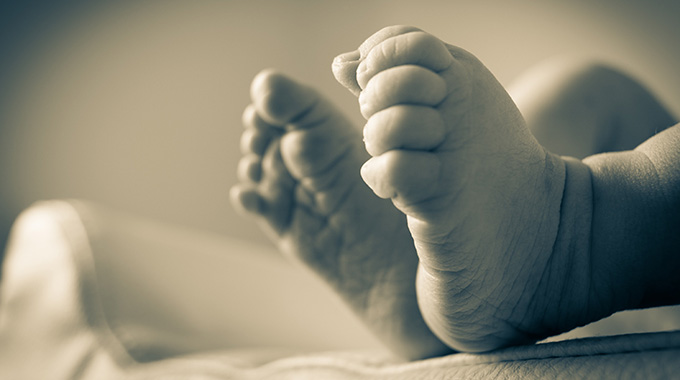Bulawayo records rise in home births

Thandeka Moyo-Ndlovu, Health Reporter
BULAWAYO has recorded a 53 percent increase in the number of women who deliver at home or on their way to a health institution owing to Covid-19.
Home births are a leading cause of maternal and peri-natal deaths in Zimbabwe as the maternal mortality rate stands at 462. Maternal mortality ratio is the number of women who die during pregnancy and childbirth, per 100 000 live births and Zimbabwe has one of the highest rates in the world.
Peri-natal mortality refers to the number of stillbirths and deaths in the first week of life in babies. Some women have been shying away from health institutions due to Covid-19 which has left many healthcare workers affected.
About 14 nurses at Mpilo Central Hospital have tested positive to Covid-19 and more than 269 health care workers quarantined in Bulawayo. The statistics are believed to be contributory in some women shunning hospitals. They are reportedly choosing home births because they cannot afford hospital user fees while some think they can contract Covid-19 at health centres. Council clinics charge $390 while public hospitals charge $292 for normal deliveries.
Health institutions also demand a preparation package that includes cotton wool, methylated spirits, diapers, maternity pads and baby clothes. Some women say they have no money to buy the items.
According to the latest council report, the number of babies born before arrival increased by 53 percent in council-run clinics. The local authority has six maternity clinics and recorded 412 deliveries in June. “A decrease was noted in antenatal bookings and deliveries and the number of babies born before arrival increased by 53 percent. In May there were 43 babies born before arrival and these include babies born while their mothers were on the way to a registered maternity health institution,” read the minutes.
A midwife at a local clinic who preferred anonymity said some women had become reluctant to seek health care while pregnant which was a cause for concern.
“Many pregnant women are now coming to the clinic after delivery which is dangerous to both the mother and the child. They are claiming that nurses have Covid-19 and that institutions are breeding the pandemic which makes them scared to come and be attended by skilled personnel while delivering,” she said. “Yes, we are aware that some cases of Covid-19 have been reported among health care workers but that should not be the reason why they deliver at home as they may die or develop life-long complications.”
Bulawayo gynaecologist Dr Solwayo Ngwenya warned against the practice saying for pregnant women, shying away from clinics and hospitals was dangerous. “We don’t encourage women who are pregnant to stay at home and deliver at home as that leads to maternal and peri-natal deaths. There are many problems that can occur during pregnancy for instance the baby can die inside the womb or the mother can develop serious complications,” said Dr Ngwenya.

Dr Solwayo Ngwenya
He said pregnant women needed monitoring even during labour so that maternal deaths are averted.
“Once labour starts, both the woman and baby must be monitored by a skilled health care worker. In the absence of such, the baby may die or the woman my suffer a raptured uterus and die while trying to give birth at home,” he said.
According to Dr Ngwenya women can easily develop obstetric fistula due to obstructed labour as well.
An obstetric fistula is an abnormal connection between the rectum and the vagina. “After birth, there is the removing of the placenta which may involve a lot of bleeding if done by an unskilled person and that often leads to women bleeding to death. So, we encourage women to come and deliver where there are health care workers and a conducive environment for any emergencies that may arise,” said Dr Ngwenya. — @thamamoe








Comments